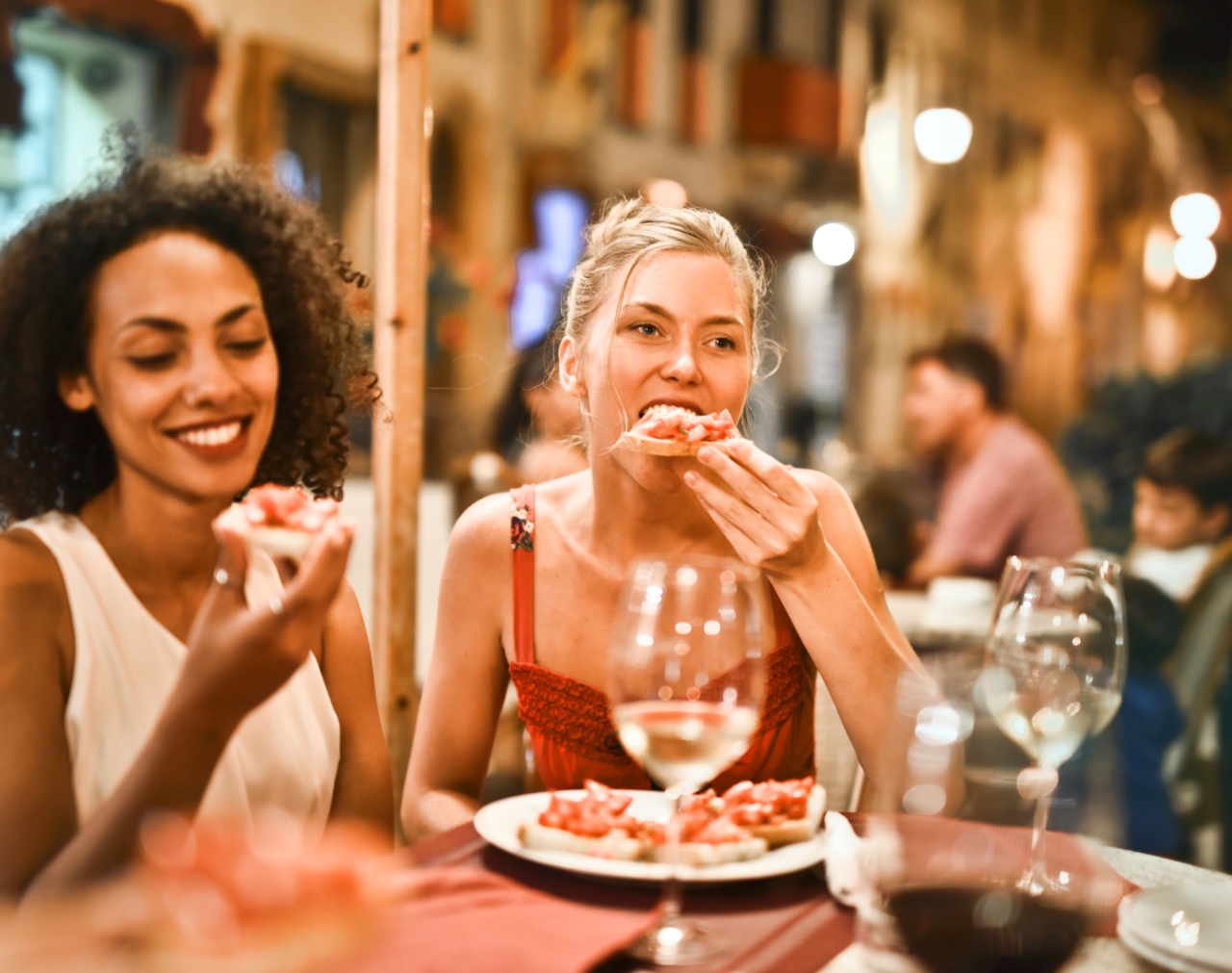When you’re trying to lose weight, it’s important to evaluate your eating habits. One of the biggest culprits in weight gain is eating with friends.
While socializing can be a great way to de-stress and have fun, it can easily lead to overeating and unhealthy food choices. In this article, we’ll explore the reasons why eating with friends can sabotage your weight loss efforts and offer some tips to help you avoid this common pitfall.
The Social Pressure to Overeat
One of the main reasons why eating with friends can be challenging for people who are trying to lose weight is the social pressure to overeat.
When you’re sitting around a table with friends, it can be tempting to indulge in treats and second helpings of food, even if you’re not hungry. This can be especially true if your friends are eating more than you are or pushing you to have “just one more” slice of pizza or scoop of ice cream.
To avoid this pressure, it’s important to be clear with your friends about your weight loss goals and to set boundaries around your eating.
Let your friends know that you’re trying to eat healthier and that you may not be able to eat everything they’re serving. Consider bringing your own meals or snacks, or offering to bring a dish that fits with your eating plan.
The Temptation of Unhealthy Foods
Another challenge of eating with friends is the temptation of unhealthy foods. When you’re out at a restaurant or social event, you may be faced with a lot of tempting treats like pizza, burgers, fries, and desserts.
These foods can be hard to resist, especially if you’re feeling stressed or emotional.
To avoid this temptation, it’s important to plan ahead. Look at the menu before you go out to eat and choose a healthy option that fits with your eating plan.
If you’re going to a social event where there will be a lot of unhealthy treats, bring your own healthy snacks or eat a small meal beforehand so you’re not ravenous when you arrive.
The Need for Mindful Eating
A third challenge of eating with friends is the lack of mindful eating. When you’re socializing and chatting, it’s easy to lose track of what you’re eating and how much you’re consuming.
This can lead to overeating and a sense of guilt or discomfort after the meal.
To practice mindful eating, try to focus on your food and savor each bite. Take small bites, chew slowly, and put your fork down between bites.
Pay attention to when you’re feeling full and stop eating when you’re satisfied, even if there’s still food on your plate.
The Benefits of Eating Alone
While it’s important to socialize and enjoy time with friends, there are also benefits to eating alone when you’re trying to lose weight.
Eating alone allows you to focus on your own needs and goals without the distractions of social pressure and temptation. You can choose your own healthy foods, eat mindfully, and take your time to enjoy your meal without feeling rushed or distracted.
To make the most of your solitary meals, consider turning off your phone, setting a calming atmosphere, and really savoring your food. Use mealtime as an opportunity to reflect on your goals and take a break from the stresses of daily life.
Conclusion
Eating with friends can be a fun and enjoyable way to socialize, but it can also be a challenge for people who are trying to lose weight.
To avoid the pitfalls of social pressure, temptation, and mindless eating, it’s important to be clear about your goals, plan ahead, and practice mindful eating. If eating with friends becomes too challenging, there are also benefits to eating alone and savoring each bite without distraction.





























